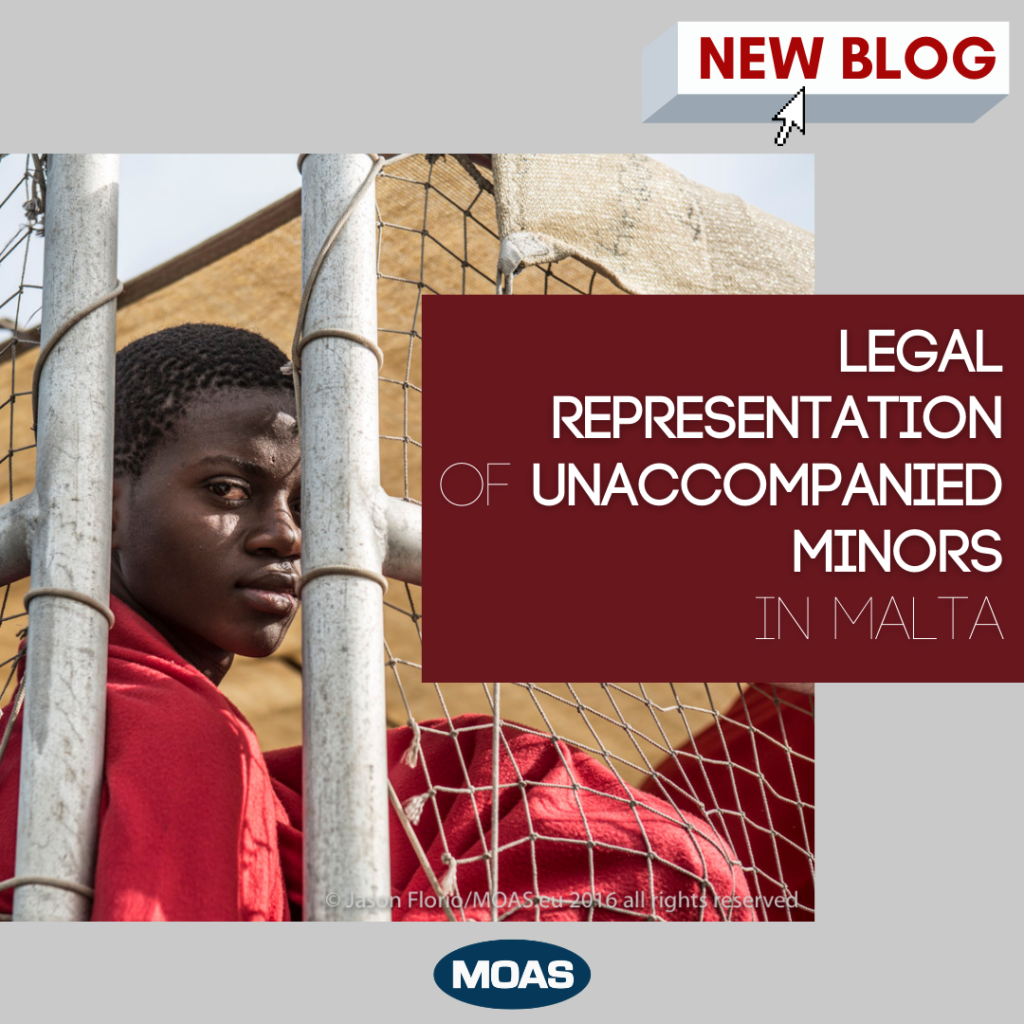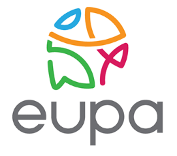Since its inception, MOAS has been committed to providing rapid response relief and support to migrant people and vulnerable communities facing emergency situations across the world. During our Search and Rescue (SAR) missions in the Mediterranean, we rescued and assisted over 40,000 people. In Bangladesh, with our Aid Stations in 2017 we assisted thousands of Rohingya refugees fled from Myanmar who needed emergency assistance.
After the first emergency assistance is completed, however, people have to settle into new realities in their new situation. For those who fled from their countries, this means having to deal with a different country’s rules and regulations as they navigate their new life.
Often, migrant people face additional problems as they try to establish themselves, because of government procedure which require them to deal with complex documentation and processes or leave them facing gaps in legislation.
As this year’s Refugee Week starts, we want to address the issue of legal representation for unaccompanied migrant children who arrive in Europe.
When unaccompanied minors arrive in new countries, they need a guardian or a tutor to legally represent them. This guardian is necessary for them to be able to access education services or process their asylum requests as well as other legal or bureaucratic issues involved in their settlement in the country.
Migration reception and asylum management systems vary among different countries and governments. In the EU, these systems are controlled by the Common European Asylum System (CEAS) which sets out common standards and co-operation to ensure that asylum seekers are treated equally in an open and fair system wherever they apply. In 2020, the European Commission proposed to reform the system through a comprehensive approach to migration and asylum policy based on three main pillars. These are efficient asylum and return procedures, solidarity and fair share of responsibility, and strengthened partnerships with third countries (the New Pact on Asylum and Migration).
However, this shared system allows EU Member States to address these matters according to their own procedures, resulting in significant differences across Europe in the management of migrant reception and asylum application procedures.
This difference also applies to legal guardianship. These systems are not harmonized across Europe and differ from country to country. The challenges linked to the increase in the number of unaccompanied and separated migrant children arriving in Europe have pushed some countries to adapt their legal frameworks to enhance the protection of these children. Whereas most countries have legal provisions included in the general child protection system, some States have recently passed specific laws dedicated to the protection of unaccompanied and separated migrant children.
LEGAL REPRESENTATION OF UNACCOMPANIED CHILDREN IN MALTA
As an NGO based in Malta, we are active in supporting migrant communities on the island by trying to provide assistance for challenges in their daily life whether big or small. One common challenge faced by the people we assist is the complicated asylum process. For children in particular, the main gap is their legal representation in the Maltese territory.
According to the Procedural Regulations, unaccompanied children only get access to the asylum procedure after the issuance of a ‘Care Order’ and the appointment of a legal guardian to represent and assist the child throughout all the phases of the asylum procedure. The assigned legal guardian is an AWAS (Agency for the Welfare of Asylum Seekers) staff member, usually a social worker, and the Regulations provide that he or she shall have the necessary knowledge of the special needs of minors.
This procedure is not provided for in any law, and no formalities exist to ensure compliance. Legal guardians are generally the social workers engaged by AWAS, who are not independent from public authorities. Additionally, with Malta being a front-line country for migrant influx, in most cases they are responsible for a large number of children due to resource constraints.
The situation is particularly concerning in relation to traumatised children who have fled situations of war and violence. The 2017 Child Protection Act includes a clause that refers to the assignment of a “special guardian” in the case of most vulnerable children, including unaccompanied migrant children.
Currently, the Head of AWAS is acting as the only legal guardian for all applicants, delegating his responsibility to social workers.
Final thoughts
At MOAS we are always working to provide assistance to those in need through our projects around the world and by supporting migrant people in Malta where our headquarters are located.
However the solution to many of the issues migrant people face require more than support from private organisations. Structural and systemic reform and support is needed from governments and supranational entities to make sure that the gaps in the migration system can be fixed.
The legal representation of unaccompanied minors represents one of the many issues that, if solved, would ease the lives and challenges of migrant people in their arrival countries.
If you are interested in the work of MOAS and our partners, please follow us on social media, sign up to our newsletter and share our content. You can also reach out to us any time via [email protected]. If you want to support our operations, please give what you can at www.moas.eu/donate/.


